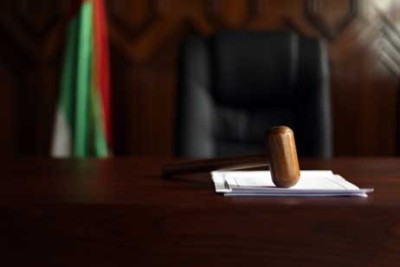A panel of UN experts has called for the release of several Libyan nationals currently on trial in the UAE, including Mohamed al-Darat, Kamal al-Darat, and Salim al-Aradi. The UN Working Group on Arbitrary detention has confirmed that the men are being held arbitrarily, and the UN Special Rapporteur on Torture has cited credible evidence that the men have been tortured, and may be suffering from permanent health problems as a result. These injuries reportedly include loss of sight and hearing, as well as heightened risk of paralysis.
Torture is commonly used by UAE security forces: according to Reprieve, 75% of detainees in Dubai’s central prison allege that they have been torture by police. These prisoners describe being subjected to electrocution and severe beatings as well as threats of rape and death. One prisoner said he was beaten so badly that he could not pray for 15 days, while another related that the “police said this is their country so they can kill me and throw my body in desert as I am foreign.”
The authorities also frequently deprive detainees of necessary medical care, especially after torture. In one instance, police officials reportedly denied a detained activist treatment after they beat him on his legs with sharp tools; he later had to be transferred to a hospital for urgent care. Poor living conditions in the prisons often aggravate the problems caused by torture or insufficient medical care. In Al-Razin prison, the authorities tortured six detainees and then placed them in prison cells filled with dirt. They were frequently denied food, and on one occasion prison officials prevented them from accessing drinking water for an entire day after the detainees protested against an existing ban on contact with their families.
Margaret Bailey is an Advocacy Intern at ADHRB.





